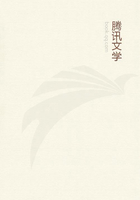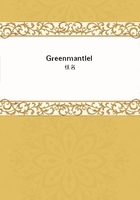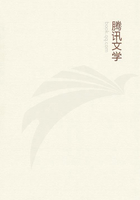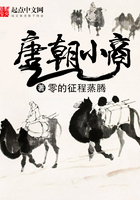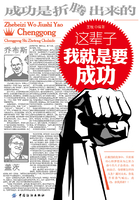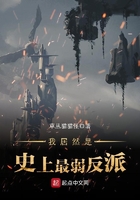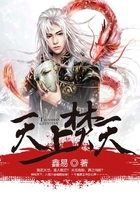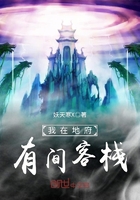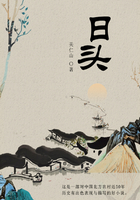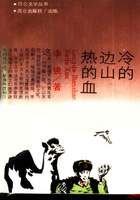“I can’t understand it,” answered Andrey. “Ladies, that’s another matter, but Kuragin’s women, women and wine, I can’t understand!”
Pierre was living at Prince Vassily Kuragin’s, and sharing in the dissipated mode of life of his son Anatole, the son whom they were proposing to marry to Prince Andrey’s sister to reform him.
“Do you know what,” said Pierre, as though a happy thought had suddenly occurred to him; “seriously, I have been thinking so for a long while. Leading this sort of life I can’t decide on anything, or consider anything properly. My head aches and my money’s all gone. He invited me to-night, but I won’t go.”
“Give me your word of honour that you will give up going.”
“On my honour!”
It was past one o’clock when Pierre left his friend’s house. It was a cloudless night, a typical Petersburg summer night. Pierre got into a hired coach, intending to drive home. But the nearer he got, the more he felt it impossible to go to bed on such a night, more like evening or morning. It was light enough to see a long way in the empty streets. On the way Pierre remembered that all the usual gambling set were to meet at Anatole Kuragin’s that evening, after which there usually followed a drinking-bout, winding up with one of Pierre’s favorite entertainments.
“It would be jolly to go to Kuragin’s,” he thought. But he immediately recalled his promise to Prince Andrey not to go there again.
But, as so often happens with people of weak character, as it is called, he was at once overcome with such a passionate desire to enjoy once more this sort of dissipation which had become so familiar to him, that he determined to go. And the idea at once occurred to him that his promise was of no consequence, since he had already promised Prince Anatole to go before making the promise to Andrey. Finally he reflected that all such promises were merely relative matters, having no sort of precise significance, especially if one considered that to-morrow one might be dead or something so extraordinary might happen that the distinction between honourable and dishonourable would have ceased to exist. Such reflections often occurred to Pierre, completely nullifying all his resolutions and intentions. He went to Kuragin’s.
Driving up to the steps of a big house in the Horse Guards’ barracks, where Anatole lived, he ran up the lighted steps and the staircase and went in at an open door. There was no one in the ante-room; empty bottles, cloaks, and over-shoes were lying about in disorder: there was a strong smell of spirits; in the distance he heard talking and shouting.
The card-playing and the supper were over, but the party had not broken up. Pierre flung off his cloak, and went into the first room, where there were the remnants of supper, and a footman who, thinking himself unobserved, was emptying the half-full glasses on the sly. In the third room there was a great uproar of laughter, familiar voices shouting, and a bear growling. Eight young men were crowding eagerly about the open window. Three others were busy with a young bear, one of them dragging at its chain and frightening the others with it.
“I bet a hundred on Stevens!” cried one.
“Mind there’s no holding him up!” shouted another.
“I’m for Dolohov!” shouted a third. “Hold the stakes, Kuragin.”
“I say, let Mishka be, we’re betting.”
“All at a go or the wager’s lost!” cried a fourth.
“Yakov, give us a bottle, Yakov!” shouted Anatole himself, a tall, handsome fellow, standing in the middle of the room, in nothing but a thin shirt, open over his chest. “Stop, gentlemen. Here he is, here’s Petrusha, the dear fellow.” He turned to Pierre.
A man of medium height with bright blue eyes, especially remarkable from looking sober in the midst of the drunken uproar, shouted from the window: “Come here. I’ll explain the bets!” This was Dolohov, an officer of the Semenov regiment, a notorious gambler and duellist, who was living with Anatole. Pierre smiled, looking good-humouredly about him.
“I don’t understand. What’s the point?”
“Wait a minute, he’s not drunk. A bottle here,” said Anatole; and taking a glass from the table he went up to Pierre.
“First of all, you must drink.”
Pierre began drinking off glass after glass, looking from under his brows at the drunken group, who had crowded about the window again, and listening to their talk. Anatole kept his glass filled and told him that Dolohov had made a bet with an Englishman, Stevens, a sailor who was staying here, that he, Dolohov, would drink a bottle of rum sitting in the third story window with his legs hanging down outside.
“Come, empty the bottle,” said Anatole, giving Pierre the last glass, “or I won’t let you go!”
“No, I don’t want to,” said Pierre, shoving Anatole away; and he went up to the window.
Dolohov was holding the Englishman’s hand and explaining distinctly the terms of the bet, addressing himself principally to Anatole and Pierre.
Dolohov was a man of medium height, with curly hair and clear blue eyes. He was five-and-twenty. Like all infantry officers he wore no moustache, so that his mouth, the most striking feature in his face, was not concealed. The lines of that mouth were extremely delicately chiselled. The upper lip closed vigorously in a sharp wedge-shape on the firm lower one, and at the corners the mouth always formed something like two smiles, one at each side, and altogether, especially in conjunction with the resolute, insolent, shrewd look of his eyes, made such an impression that it was impossible to overlook his face. Dolohov was a man of small means and no connections. And yet though Anatole was spending ten thousand a year, Dolohov lived with him and succeeded in so regulating the position that Anatole and all who knew them respected Dolohov more than Anatole. Dolohov played at every sort of game, and almost always won. However much he drank, his brain never lost its clearness. Both Kuragin and Dolohov were at that time notorious figures in the fast and dissipated world in Petersburg.

